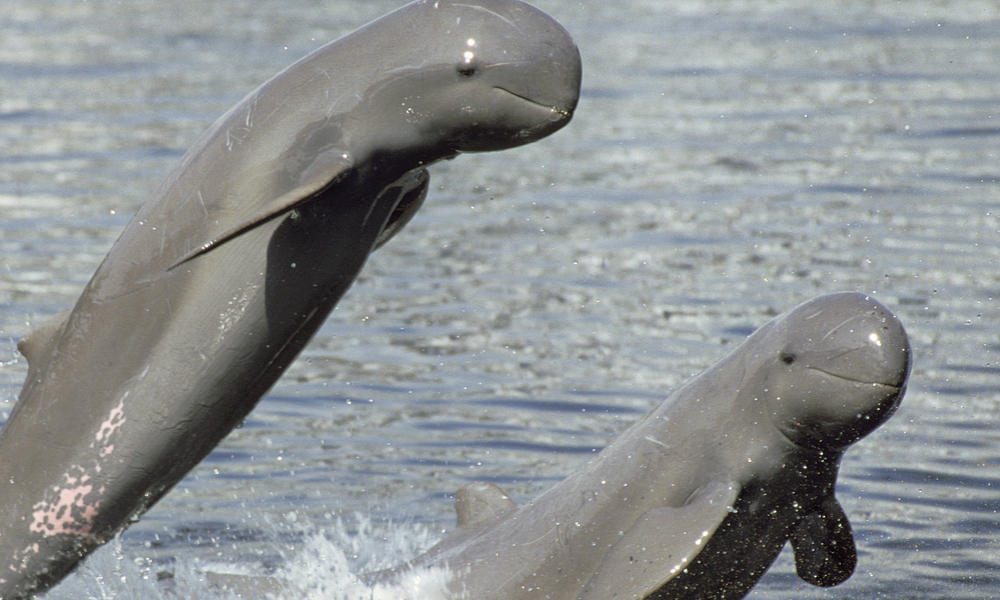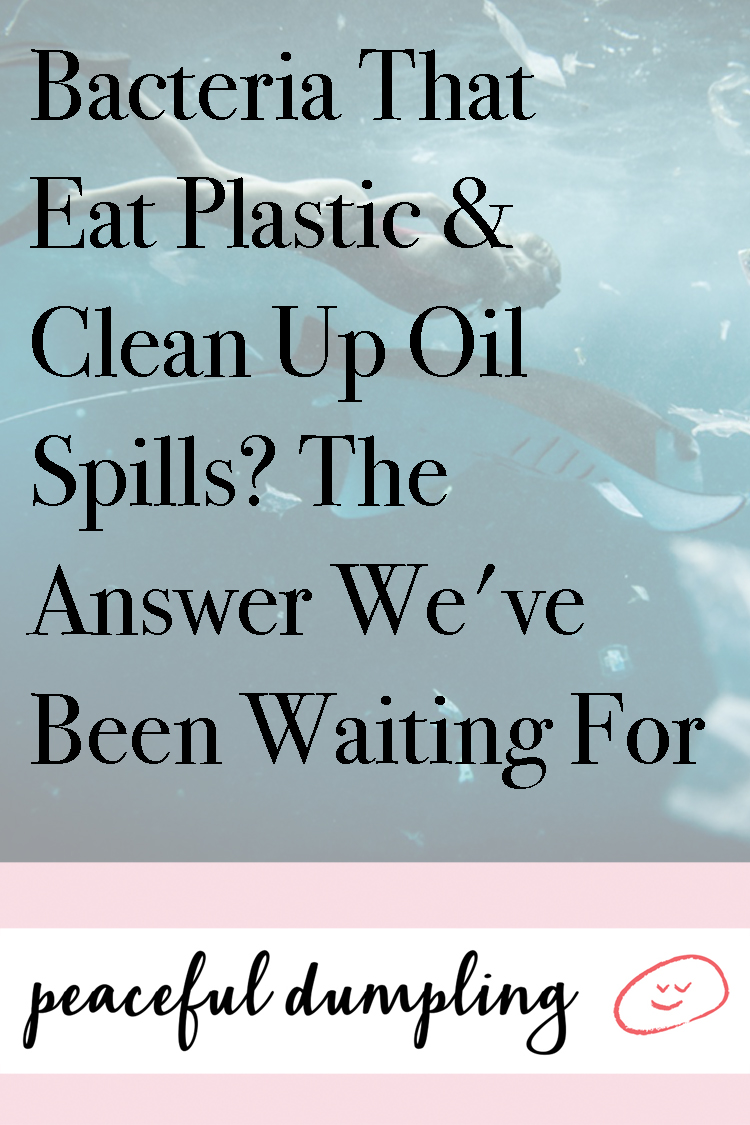Some bacteria are bad. We know that. We desperately make every attempt to prevent them and attack them when we think they’re likely to lurk. But, others are incredibly useful for a whole host of things. Take probiotics, for example. These select species help our gut stay healthy by aiding our digestion (keep it movin’ ya’all). They are the same organisms responsible for creating our favorite fermented foods, like yogurt, tempeh, and kimchi.

Then there are the little guys used in the process known as ‘”anaerobic digestion,” which is essentially the breakdown of sewage sludge at water treatment facilities that helps to reduce the amount of greenhouse gases released into the atmosphere. Instead, biogas can be harnessed and used as a biofuel. Neat, huh? The solids left over after the bacteria have been at work is often used as a fertilizer, too.
So we know bacteria are cool, but recently there have been some amazing developments in the field of enzymology. We’re talking huge. Ready for it? Bacteria that can – wait for it – digest plastic and oil spills. I know. *Mind blown*
Back in 2016, Japanese scientists described a bacterium, Idionella sakaiensis, that breaks down polyethylene terephthalate (PET) – one of the world’s most widely used types of plastic. The remarkable thing is that the time taken to perform said process wasn’t even that long; six weeks!
As science progressed, we’ve been able to isolate the specific enzyme produced by this bacterium which is responsible for the process. And – as if by some miracle – during this isolation procedure, the team involved in the research accidentally mutated it, making it even better. As it now stands, these bugs get to work within a matter of days. There is also hope that this process will be further sped up to reach maximum efficiency.
A huge benefit of this process is that the enzyme can revert PET into raw plastic; not just break it down. This means that the raw materials used to make more plastic (crude oil), will – in theory – no longer need to be drilled. Recycling efficiency will go through the roof and mean that we can finally stop the number of plastic items from increasing overall.

But, aside from the plastic pollution – of which there is ample – we keep finding other ways to devestate our environment, as you know. One of the most painful for our open oceans and delicate coastlines is oil spills. Take the recent disaster in Borneo which forced the island into a state of emergency and has spread at least 16 miles along the pristine shoreline killing a whole host of animals including the protected dugong and Irrawaddy dolphin.

For an ecosystem already prone to heavy plastic pollution, this added layer of doom is nothing but a surefire way of fast-tracking ecosystem collapse.
Unfortunately, this Borneo spill was no isolated incident. Earlier this year we saw the Sanchi oil spill in the East China sea, which saw a vessel go down with 30 crewmen and 136,000 tonnes of crude oil. Then, last year there was the Agia Zoni II off the coast of Greece which resulted in widespread loss of sea turtles and birds. Before that there was the 10,500-liter spill offshore in Australia and then another and another and then of course 2010’s infamous BP Deepwater Horizon in the Gulf of Mexico which killed 11 workers and became the worst environmental disaster in US history. It released approximately 40,000 barrels of oil per day between April and June. I don’t think anyone can quite comprehend that level of pollution.
You don’t need me to tell you that oil spills are one of the most horrendous forms of environmental pollution. You’ve no doubt seen plenty of images in your time of birds with oil-slicked feathers, unable to fly and ivory coastlines rendered unrecognizable, coated in the thick black tar. It truly is the stuff of nightmares.

Only, it turns out that this massive problem might just be solved with a microscopic organism; Alcanivorax borkumensis. Ubiquitous in our oceans, these bacteria piqued the interest of a research team at INRS in Québec when they realized that the concentration of these organisms was rapidly increasing in areas where oil spills were present. These guys digest hydrocarbons as an energy souce (think back to chemistry class: long molecules consisting of hydrogen and carbon). After some observation, it was found that loads of compounds comprising crude oil (such as benzene, xylene, etc.) were indeed able to be processed by these bacteria!
There’s more research to be done into looking if it’s a viable option to dispatch high concentrations of these microorganisms into designated areas in the event of an emergency. We will also need to ascertain whether there are any deleterious effects involved as a consequence. But it’s looking good!

Bacteria have an incredibly short life cycle and can be grown very quickly and in huge numbers if conditions are right. Is tackling these environmental issues actually within our grasp? I desperately hope so.
Also by Kat: Coral Reefs Are Dying—How You Can Help Save The Nurseries Of The Ocean
Related: This Belgian Effort To Recycle Ocean Plastic Is Overdue Morale Booster We All Need
Microplastics Make Up 82% Of Plastic In Oceans. How You Can Make An Impact
Get more like this–sign up for our newsletter for exclusive inspirational content!
__
